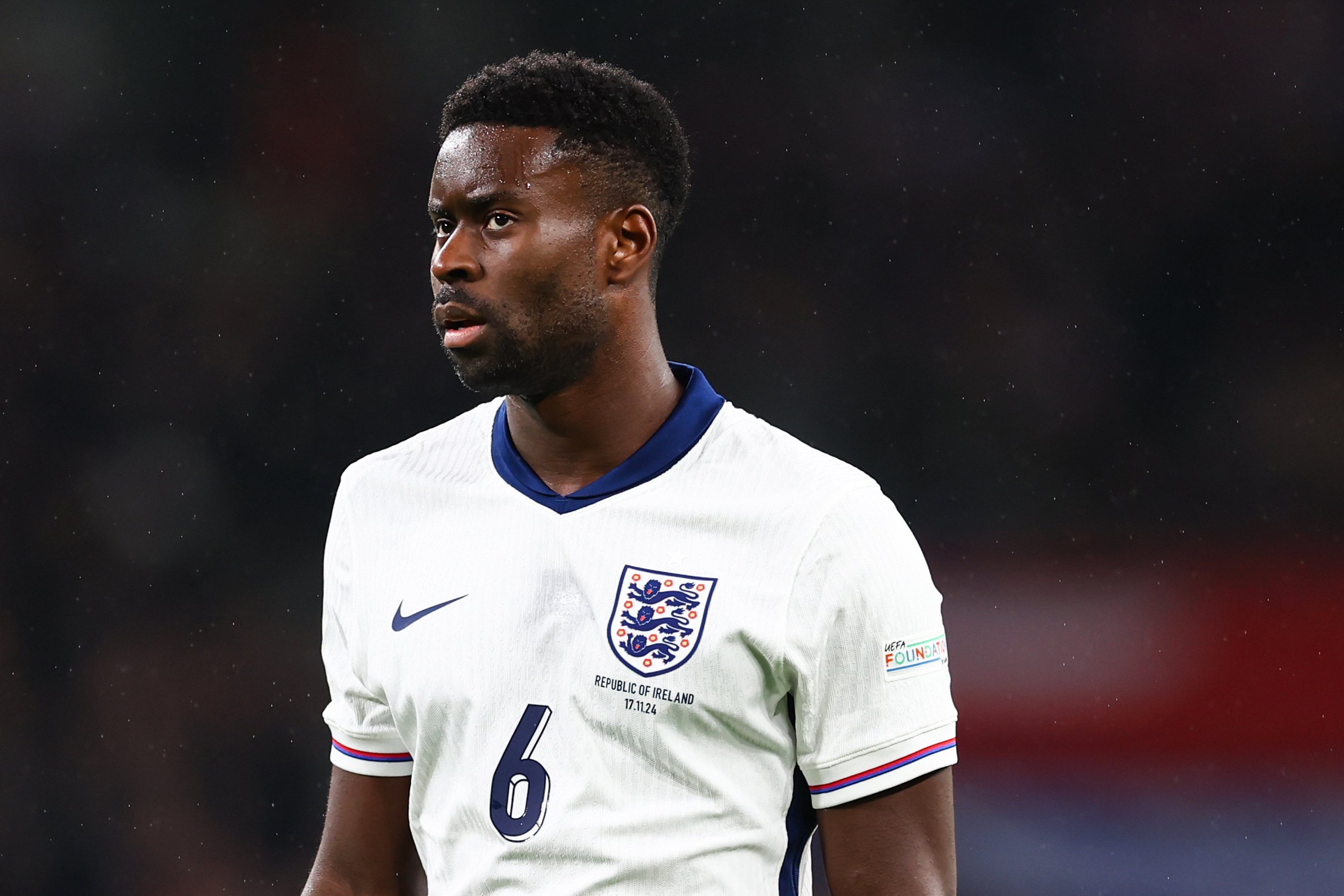Why did George Soros very nearly buy Roma?
The legendary speculator, philanthropist and pontificator came close to buying the Serie A club this summer just before its president Franco Sensi died after a long illness.
Though he was briefly linked with the Washington Nationals baseball team, Soros has shown no great interest in sport in general or football in particular. He is not the only American tycoon to mull an investment in Serie A: another group, TAG Partners, bid for Bologna but the takeover collapsed after the buyers were refused more time.
Soros is a know it all, but no one â even right-wing Americans whose eyes pop with fury at the mention of his name â ever thought him stupid. So, what did he see in Roma?
The answer to that question â as far as we can construct one â isnâÂÂt terribly good news for the Premier League.
Smart investors have the gift of timing, knowing when to get in ahead of the game and, more importantly, when to get out.
Soros: Targeting Italy bad news for the Premier League
If Soros was tempted by football as an investment, the obvious target would have been England, home to the worldâÂÂs most lucrative league which draws the greatest global TV audience.
The best features, fun and footballing quizzes, straight to your inbox every week.
But who would he buy? As Kevin Keegan has pointed out, to his ownerâÂÂs chagrin, catching up with the big four might cost you ã100million or so. Even within the big four, a divide is opening up with Liverpool seemingly unable, albeit partly because of internal politics, to match the spending power of Chelsea and Manchester United.
There is still profit to be made in the Premier League but how much scope is there for someone like Soros to come in and transform a clubâÂÂs profitability?
The answer to that may depend on your opinion of the quality of the management of British football clubs. From personal experience, I would suggest the quality is variable.
At its very worst, I am reminded of a colleague who met the director of a once high flying club to talk about a publication to be given away to reward season ticket holdersâ loyalty. The deal seemed done when the club rang up to announce that, while they were perfectly happy to pay the publisher a few grand to produce the publication, they would be invoicing him ã50,000 for use of the club brand.
Struck by the absurdity of the club charging him ã50,000 for the right to do something for the club which the club wanted to do anyway to impress its supporters, my friend let the deal die. I remember him saying: âÂÂThe worst part wasnâÂÂt the hassle, or the waste of time, it was that the director sat through the whole of the crucial meeting with his flies wide open.âÂÂ
In contrast, the big clubs â with certain exceptions â strike me as well run businesses. An investor with experience of sports elsewhere might suggest a tweak here or there but they are hardly likely to transform a clubâÂÂs financial performance.
In a way, the Premier LeagueâÂÂs 39th step is a desperate admission that new sources of income must be found. The rise in gate receipts is flattening out, merchandising is vulnerable to the credit crunch and the next TV deal, despite the war between Sky and Setanta, may not deliver lots and lots of extra dosh. And this season, more Premier League clubs will, a recent survey suggested, draw on more of their overdrafts, trim squads and introduce players to the delights of performance-related pay.
So Soros has a point. If I had a few billion to spare IâÂÂd give the Premier League the swerve and look at a country which has yet to realise the fortunes to be made from corporate boxes and the worldâÂÂs apparently insatiable appetite for football-themed duvet covers.
Serie A yet to be engulfed by hospitality, unlike Wembley
A country which is passionate about its football but where innovative, professional management could quickly increase revenue. And given the legal difficulties in buying clubs in France and Germany, the logical choice would be Italy or Spain. Mainly Italy really.
To give you just one example: according to a report prepared by Brand Finance and published â free plug alert! â in the April/May issue of Champions, Schalke, Lyon and Spurs all make considerably more money out of merchandising than Milan, Inter or Juventus.
It wouldnâÂÂt take a genius to turn a top Serie A club into a financial powerhouse. TheyâÂÂd just need a knowledge of ItalyâÂÂs intricate business landscape and the smarts to apply best practice.
So donâÂÂt be surprised if Soros â or someone like him â snaps up a Roma or Bologna in the next few years.
If that happens, remember where you read this. If it doesnâÂÂt happen, feel free to forget all about it.
 Join The Club
Join The Club





